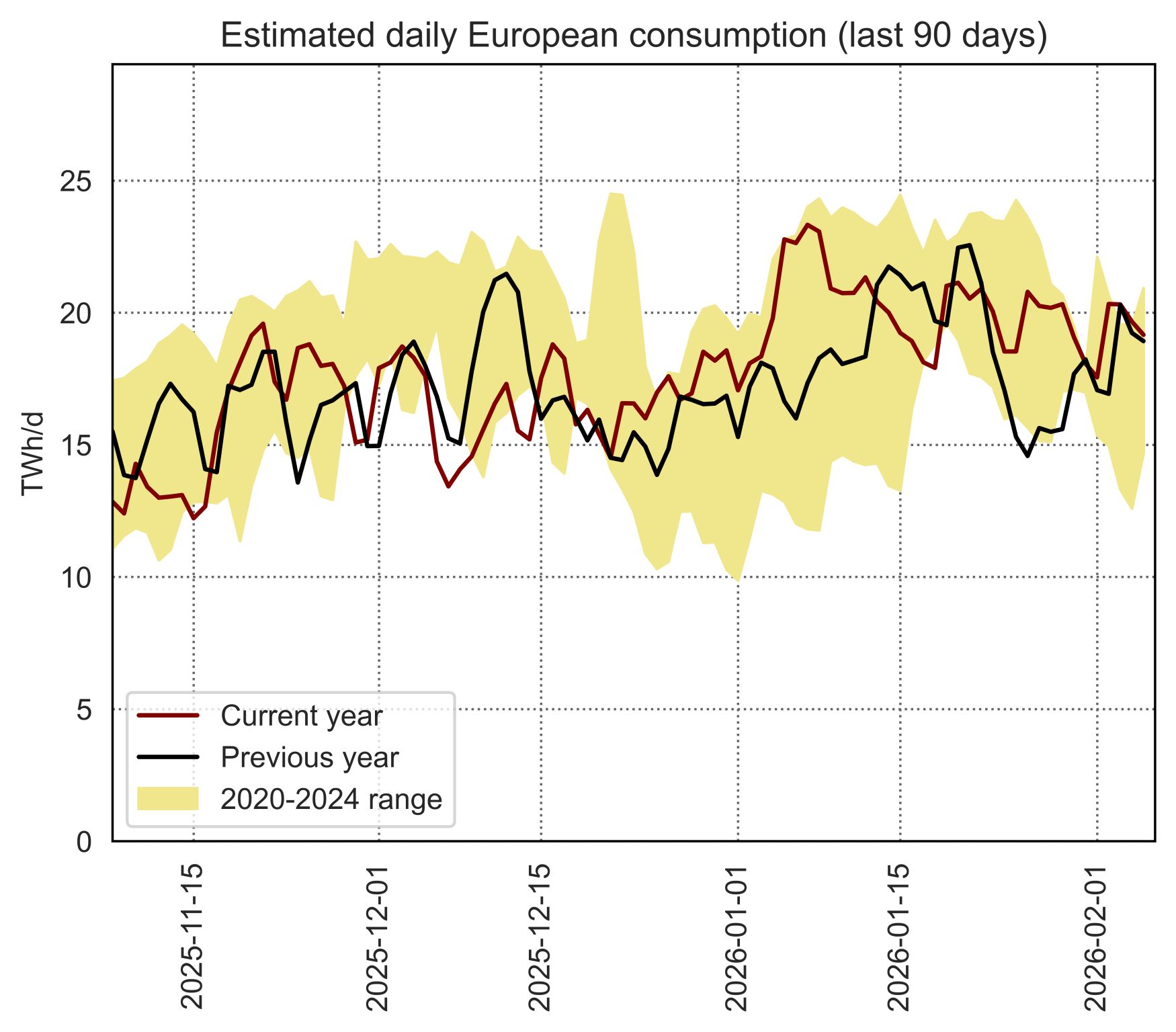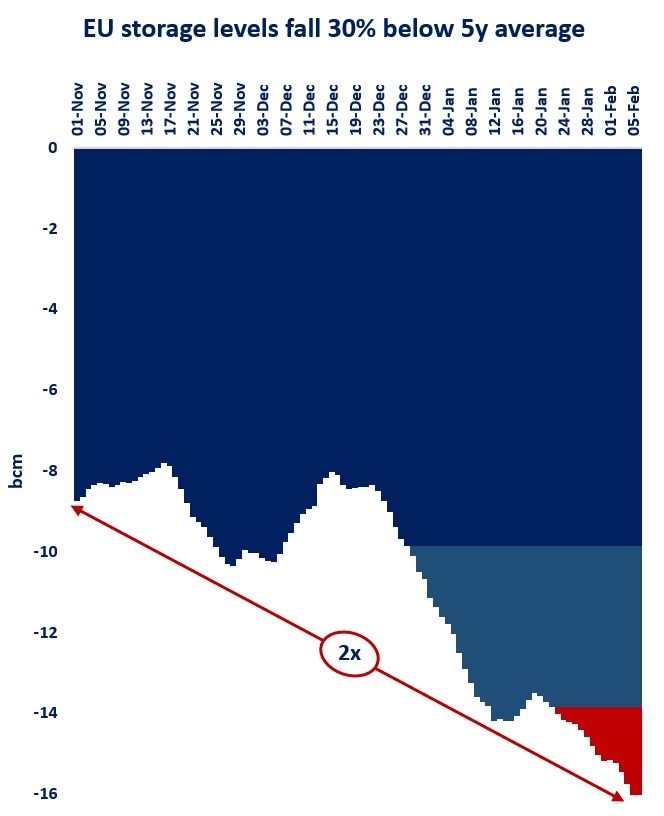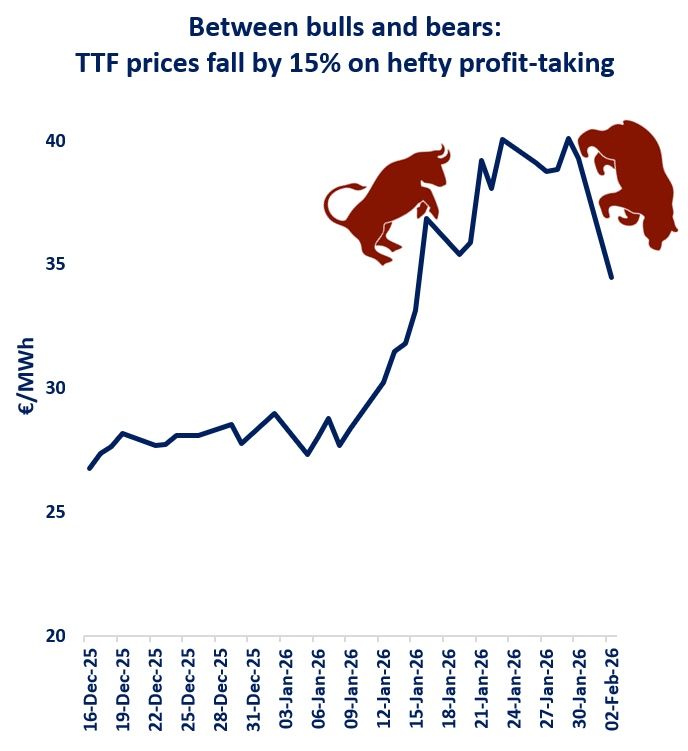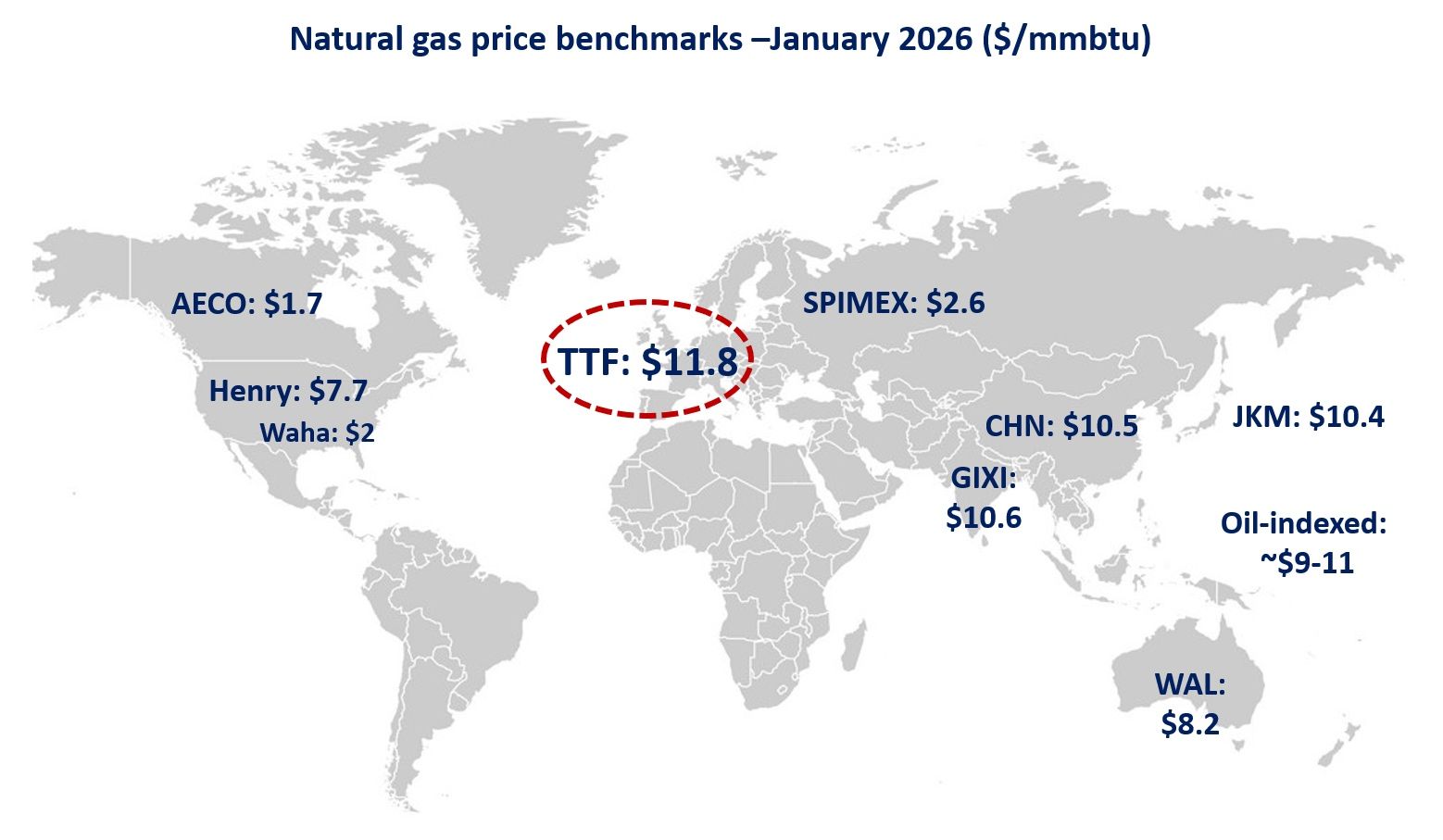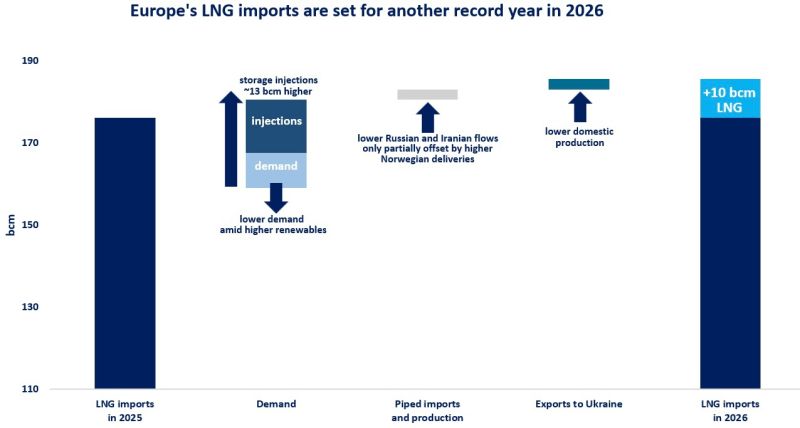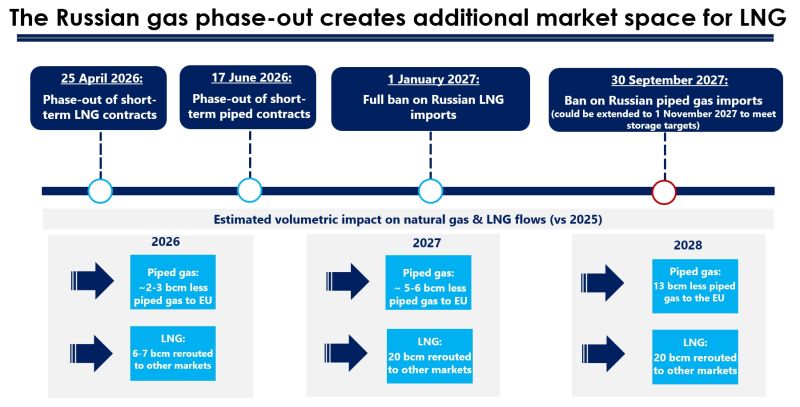

The great decorrelation: reconfiguration of gas flows, emerging bottlenecks are driving down price correlation amongst key European gas hubs.
The record LNG on inflow led to a congestion of regas capacity in northwest Europe, with GATE, Zeebrugge and Dunkirk pretty much maxed out.
Similarly, interconnectors which could bring additional regasified LNG are also running at their nameplate capacity: the interconnectors with the UK are maxed out and there is no spare capacity left on the VIP Pirineos between Spain-France.
These emerging pipeline bottlenecks are driving down sharply price correlation between key gas hubs.
TTF and NBP typically display a correlation of 0.99. this has collapsed to a record low of 0.4 in the last 20 trading days: while the UK is awash with LNG it can’t send more regasified LNG to the Continent due to bottlenecks at Bacton.
Consequently, NBP traded at a hefty discount of €40/MWh last week.
Similarly, Spain’s MIBGAS (and to some extent France’s PEG) have been correlating down from TTF, with both market displaying significant discounts due to better availability of LNG.
In contrast, Central and Eastern European hubs have extended recently their premium to TTF, reflecting the growing competition for gas molecules flowing from the west.
The current situation could indicate, that Europe’s shift towards a greater share of LNG in its gas mix, will inevitably have consequences on the direction of gas flows and might necessitate the reconfiguration of the gas infrastructure (including via improving interconnectivity).
What is your view? How long will the great decorrelation last? What could be the consequences for the European market and gas infrastructure?
Source: Greg Molnar (LinkedIn)

